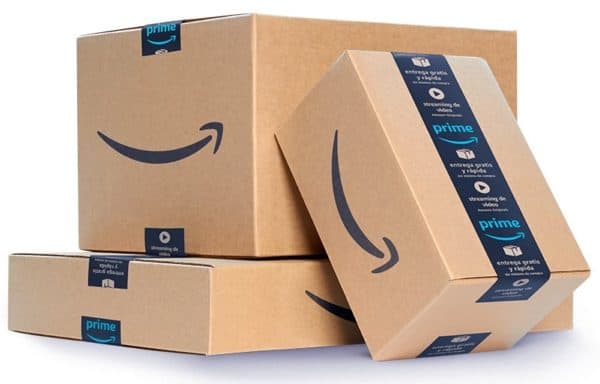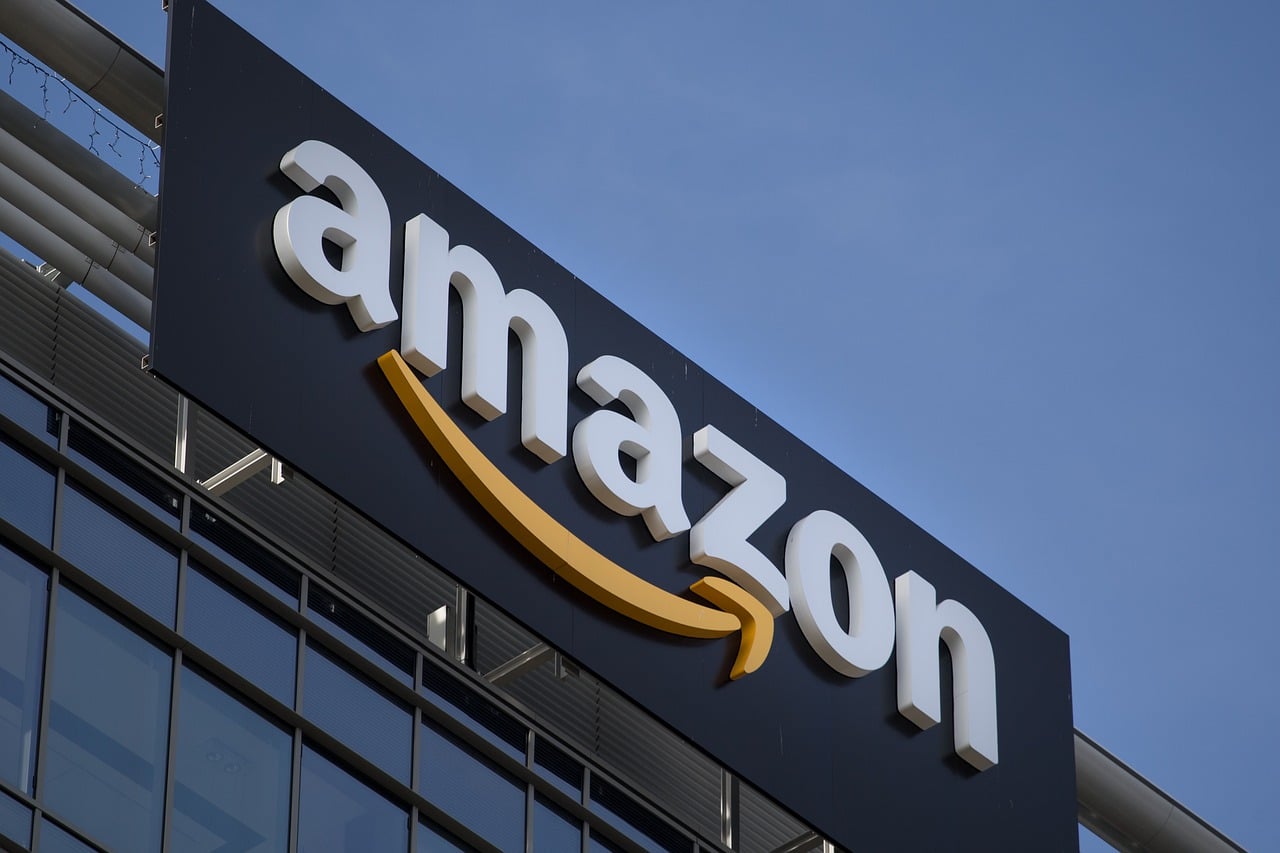
 Amazon’s (Amazon News, Stock Quote, Chart NASDAQ:AMZN) share price has done well over the past month to bounce back from a downturn early in June when news broke that the US Federal Trade Commission was looking into a potential antitrust case against the e-commerce giant. But if history serves correct, the path towards prosecution is likely to be a long one and, argues portfolio manager Paul Harris, could very well conclude in Amazon’s favour.
Amazon’s (Amazon News, Stock Quote, Chart NASDAQ:AMZN) share price has done well over the past month to bounce back from a downturn early in June when news broke that the US Federal Trade Commission was looking into a potential antitrust case against the e-commerce giant. But if history serves correct, the path towards prosecution is likely to be a long one and, argues portfolio manager Paul Harris, could very well conclude in Amazon’s favour.
Amazon on Wednesday closed up less than a per cent, bringing it to $1,939.00 per share, pretty much where it was in early May before the tech sector started another tumble, aided in part by reports that the Federal Trade Commission and the US Department of Justice would be investigating four of the FAANG group of stocks, with the FTC handling Amazon and Facebook, while the DOJ would be looking into Alphabet and Apple.
Last month, the DOJ’s Makan Delrahim said that the concentration of power in a few hands effectively made the tech giants “digital gatekeepers” and he compared them to past history cases like Standard Oil which was forced to break up on antitrust grounds.
“The current landscape suggests there are only one or two significant players in important digital spaces, including internet search, social networks, mobile and desktop operating systems, and electronic book sales,” said Delrahim.
But Harris, partner at Harris Douglas Asset Management, says the case against the likes of Amazon isn’t that clear cut.
“It’s a very long process. If you look at what happened with Microsoft, it took over ten years for the DOJ to build a case on whether or not Microsoft was harming consumers,” said Harris, in conversation with BNN Bloomberg Tuesday.
“One of the issues that you face with Amazon is, are consumers being hurt by Amazon and what they do? And the reality is no. They make prices cheaper and you get more variety. And that’s one of the key things when the DOJ gets involved with whether it has a monopoly or not,” he says.
“From an e-commerce perspective, they’re probably one of the largest players in the United States but from a retail perspective, they’re still a very small percentage of the overall retail market,” he says. “So, I think that those things are in Amazon’s favour.”
In 1998, the US Department of Justice sued Microsoft for illegally impeding competition by favouring Microsoft’s Internet Explorer over rivals such as Netscape in its Windows operating system. The ruling against Microsoft was reached in 2001 but rather than forcing a breakup of the company it required that Microsoft share its application programming interfaces with third-party companies. Nevertheless, many saw the case as impeding Microsoft’s pursuit of technological advances, effectively hindering its progress.
Harris says, “Bill Gates said this just a little while ago — he said, ‘We missed the mobile [phone] and Android took over when we were so worried about the Justice Department and we were going through all of this stuff.’”
“Sometimes companies say, ‘You know what? I’m shutting everything down,’ and that stifles growth and innovation and all of those things. So, you’ve got to be very careful when you do bring in regulation that —I would agree that throughout history, regulation has helped and that we should have regulation around certain things but it has to be done at the right time and done properly,” says Harris.
Disclosure: Cantech’s Nick Waddell owns shares of Amazon
Leave a Reply
You must be logged in to post a comment.





 Share
Share Tweet
Tweet Share
Share




Comment